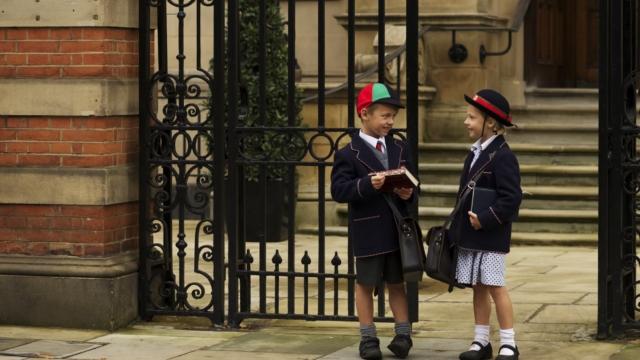A new report analyses a sample of private schools in England and exposes inequalities in the schooling system.
Analysis of several elite private schools in England shows that private school pupils receive significantly more investment than those at state schools, even those in the same area.
The report, compiled for Common Wealth think tank, suggests that to truly ‘level-up’ educational inequalities in society, redistribution of economic and educational resources will be necessary.
The report draws on examples such as Eton College, which charges £42,501 per year and received an income of £55,712 per pupil in 2017-18. In comparison, local state secondary schools in Windsor and Maidenhead received just £5,540 per pupil on average.
These existing economic inequalities have only been exacerbated by the Covid-19 pandemic. Over the course of multiple lockdowns, private school pupils have been better equipped to make the shift to online learning.
There are also significant geographical differences when it comes to funding for private educational institutions. Results show that the funding gap is far greater in the South than it is in most of the North of England.
The gap in the use of ‘live’ online teaching between state and private schools actually widened between the first and second lockdown, according to a January 2021 study by educational charity The Sutton Trust.
In March 2020, 28% of private schools were using live online teaching compared to 2% for state schools. At the start of the second lockdown these figures were 86% in the independent sector and 50% in state schools.
A range of economic measures are suggested in the report, exploring ways in which we can reduce the economic gap. These vary from voluntary payments to nationalising and redistributing endowment wealth in the form of investments and property held by the wealthiest private schools to help support local state education.







